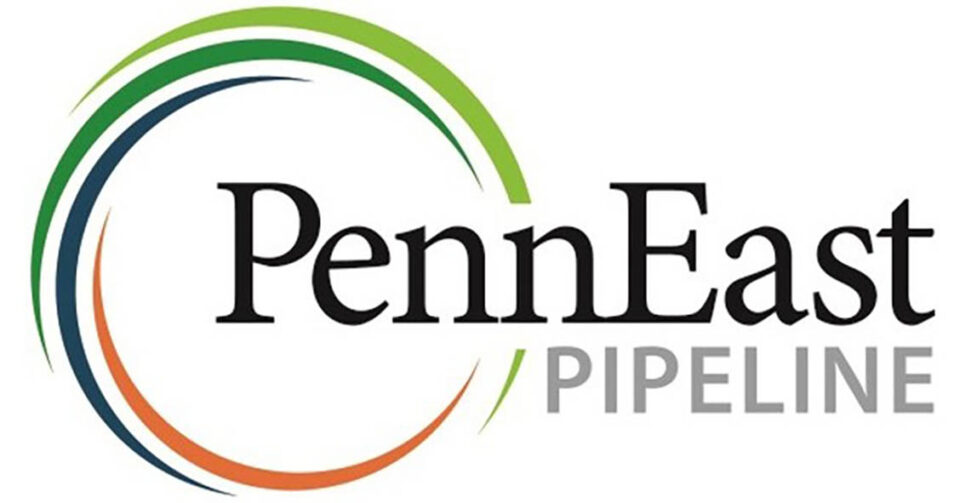The PennEast pipeline construction in New Jersey was backed by the Supreme Court today, adding a new chapter to its years-long controversy. This Tuesday, the Supreme Court ruled 5-4 in favor of PennEast, so the company can claim federal eminent domain upon New Jersey lands to build the $1 billion project.
Firstly, although the state of New Jersey has opposed the pipeline since 2017, claiming that privates do not have federal eminent domain over state lands; the high court disagreed, reversing also a 2019 appeals court decision as well.
Secondly, according to the Supreme Court; the federal government has the constitutional right to grant pipeline developers with the authority to condemn state property. Chief Justice John Roberts wrote the opinion, backed by Justices Stephen Breyer; also, Samuel Alito, Sonia Sotomayer and Brett Kavanaugh.
Thirdly, according to ENR, Justice Amy Coney Barrett disagreed; her opinion got the support of other justices like Neil Gorsuch, who wrote a separate dissent on a narrow issue.
Moreover, the majority opinion said that “states surrendered their immunity from federal eminent domain power; when they ratified the Constitution. Because the Natural Gas Act delegates federal eminent domain power to private parties; so, they can initiate condemnation proceedings, including against state owned property.”
Also recommended for you: AqualisBraemar concludes Sable decommissioning campaign. Click here to read.
PennEast granted with the right to seize up to 40 properties for its pipeline
On the other hand, the dissent opinion argued that the majority argument had no “textual; structural, or historical support.” They said that the High Court has “repeatedly held that the Constitution’s Commerce Clause does not permit Congress to circumvent state sovereign immunity.”
In addition, dissentients said that the majority opinion was one of “pragmatic concern.” And that siding with New Jersey would “thwart” federal policy; and states could hold up construction of pipelines indefinitely.
On the other hand, a PennEast official said that the ruling “protects consumers who rely on infrastructure projects; found to be in the public benefit after thorough scientific and environmental reviews.”
Finally, New Jersey Attorney General Gurbir S. Grewal noted that there are still more legal challenges to the construction of the pipeline. He said the project was “unnecessary; and would be destructive to New Jersey lands.” Now, the decision grants PennEast to proceed with lawsuits to seize more than 40 properties.


